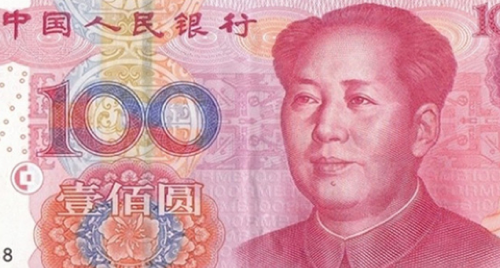Reuters’ Megha Rajagopalan reports the intensification of an investigation into alleged corrupt practices at a Chinese financial newspaper:
Chinese authorities closed down the website of the paper, the 21st Century Business Herald, and opened an investigation into it this month after executives confessed they extorted “huge payments” from companies in exchange for quashing critical coverage.
The well-known newspaper’s chief editor, Shen Hao, and general manager, Chen Dongyang, were detained on Thursday afternoon, the official Xinhua news agency said on its microblog.
[…] Suspects had extorted money from more than 100 companies since November 2013, Xinhua reported, demanding payment for positive coverage and “protection money” to stop negative reports.
The website would charge companies between 200,000 ($33,000) and 300,000 yuan ($49,000) in the form of advertising contracts to delete critical articles, according to Xinhua. [Source]
Last week, China Media Project continued a series of posts on the issue with an essay by Zhu Xuedong, who argued that the industry in general, like “our political, economic and cultural life,” has fallen into “an era of corruption.”
It would be wrong to point to some past Eden of professional purity. There was no such place. But there was at least a time — counting from around the mid-1990s — when commercial media in China sought a higher professional character as they pursued greater independence in the marketplace. There was a professional esprit de corps that somehow brightened the darker aspects of media practice.
[…] There are still media in China struggling to hold on to their professional standards. There are still journalists doing their best to take the high road, pursuing truth for the betterment of our society. But we cannot deny that the travelers on that road are an ever rarer sight. Nor can we deny that the other path grows more crowded by the day. [Source]
Zhu writes that this fall has been driven “by political and economic pressures and by our darker human instincts.” On Wednesday, CMP’s David Bandurski translated an editoral by He Yonghai, who narrowly attacked “the corrosive affect of commercial interests.” But in his introduction, Bandurski described this focus as exactly “the kind of hypocrisy we should be alert for in official reflections on the 21cbh.com case.”
The media, make no mistake, work for the interests of the Chinese Communist Party, a point Xi Jinping has made more emphatically than his predecessor, telling propaganda leaders they should “show their swords” and “struggle” for domination of the ideological sphere.
Press controls under the CCP have always emphasized that “politicians run the newspapers,” a term that goes back to Mao Zedong. Under this idea of the role of the press, it is the Party’s prerogative to dictate what is meant by such things as truth, fact or rationality. And year after year, propaganda leaders bang their fists about the need to “emphasize positive news” and “speak with one voice.”
Long before money could ever corrupt the relationship between the media and the public, power severed that relationship.
[…] Perhaps next time, before we begin the debate about how money has corrupted China’s media, we should open our wallets, pull out a 100 yuan note and remember whose face is on it. [Source]








